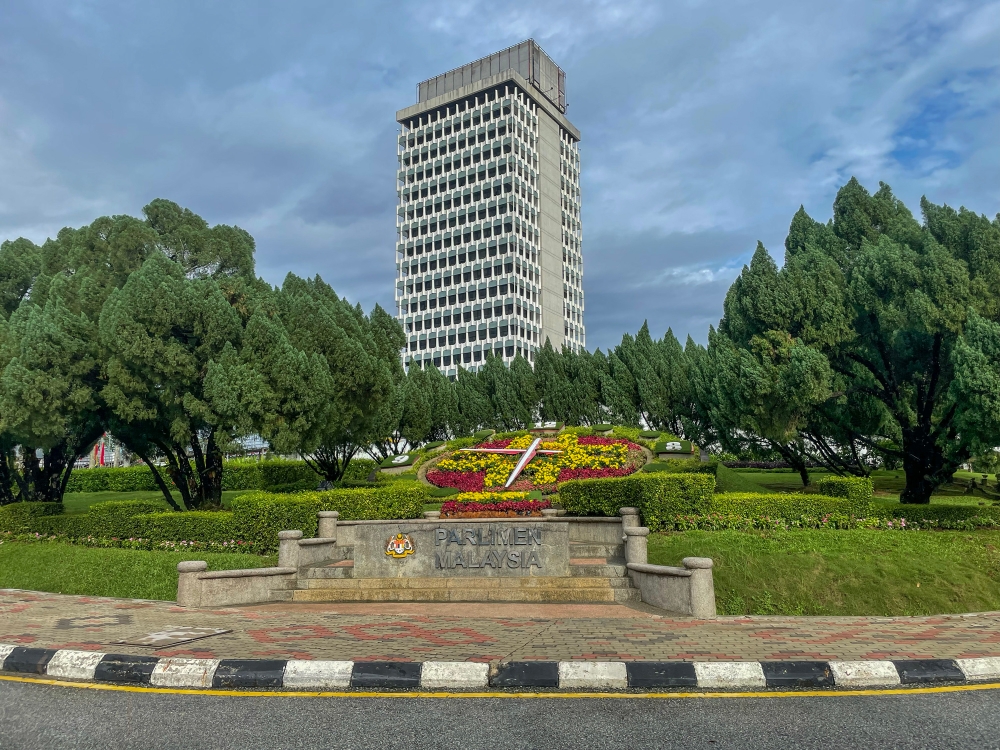JUNE 21 — It is a rule of construction that a statute should not be interpreted retrospectively to impair an existing right or obligation, unless such a result is unavoidable by reason of the language used in the statute.
Thirty years ago in the case of National Land Finance Co-Operative Society Ltd v Director General of Inland Revenue [1994] 1 Chief Justice of Malaya Gunn Chit Tuan CJ explained the rule as follows:
“On the retrospective operation of [statutes], the presumption is that an enactment is not intended to have a retrospective operation unless a contrary intention appears ... [A] retrospective operation should not be given to a statute to impair an existing right and it has been stated by the UK Court of Appeal in EWP Ltd v Moore [1992] 1 All ER 880 at p 891:
... that those who have arranged their affairs, as the saying is, in reliance on a decision of these courts which has stood for many years should not find that their plans have been retrospectively upset ...
“Moreover, one should avoid a construction that inflicts a detriment and as Lord Brightman has said in Yew Bon Tew v Kenderaan Bas Mara [1983] 1 MLJ 1 at p 2:
A statute is retrospective if it takes away or impairs a vested right acquired under existing laws, or creates a new obligation or imposes a new duty, or attaches a new disability, in regard to events already past.
“If it takes away a substantive right, the amendment will not have retrospective effect, save by clear and express words.
“If the Legislature intends an amendment to have retrospective application, it must expressly and clearly say so (see Puncakdana Sdn Bhd v Tribunal for Housebuyers Claims and another application [2003] 4 MLJ 9 per Md Raus J, as he then was).”

The above explains why Family Frontiers exco member Suriani Kempe has urged the government to make the constitutional amendments on citizenship retroactive to address the discrimination faced by “a whole population of children belonging to Malaysian mothers, who are still stuck in limbo, who will not be able to apply for Malaysian citizenship”.
No retrospective effect unless a contrary intention appears. Parliament is empowered under Article 66(5) of the Federal Constitution “to make laws with retrospective effect”.
*This is the personal opinion of the writer or publication and does not necessarily represent the views of Malay Mail.





















